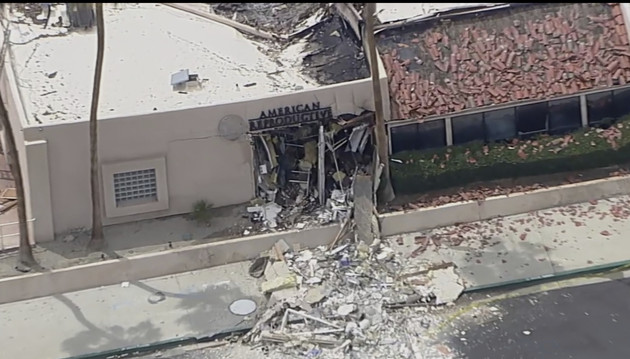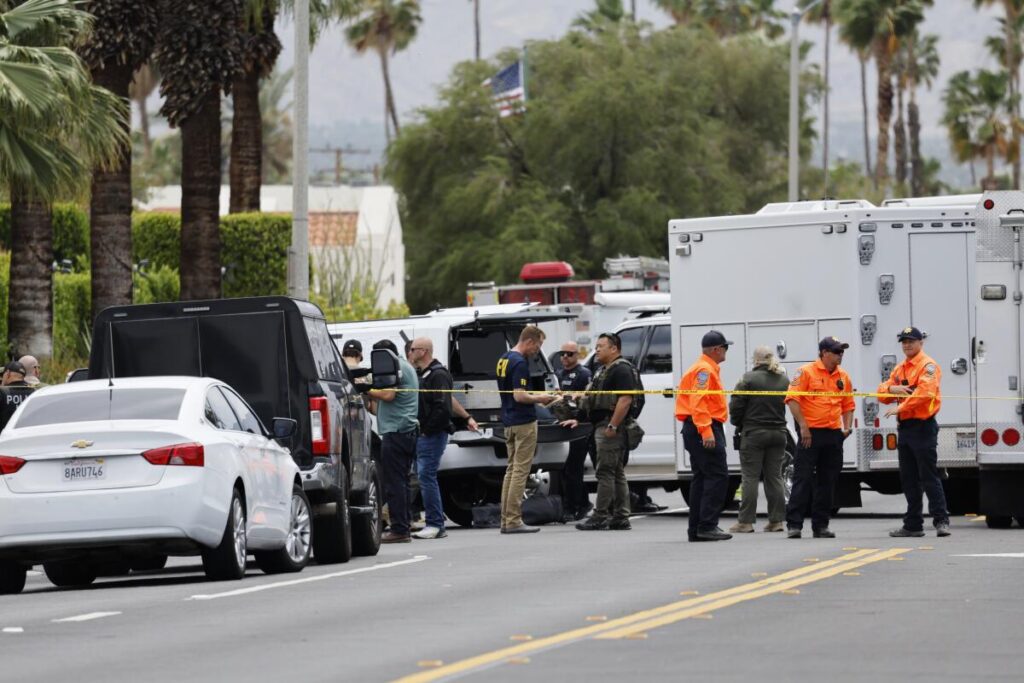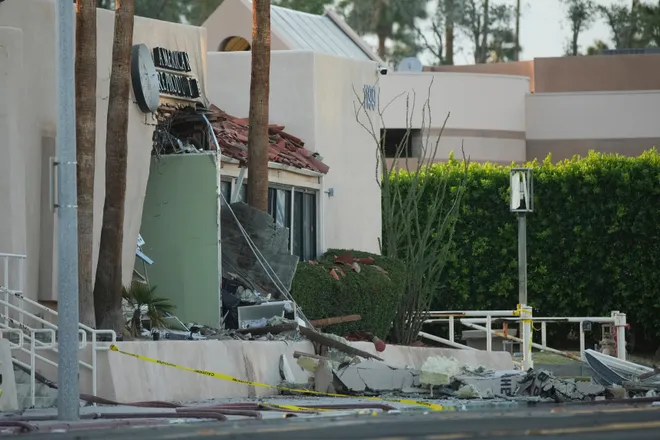On the morning of May 17th, a car bomb exploded outside the American Reproductive Centers in Palm Springs, California — killing the suspect and injuring four others. The FBI has since labeled the incident an act of domestic terrorism, shaking an already tense national climate around reproductive rights.

The alleged attacker, 25-year-old Guy Edward Bartkus of Twentynine Palms, was reportedly motivated by anti-natalist beliefs — an extremist ideology that sees human procreation as morally wrong. Authorities say he left behind disturbing writings and attempted to livestream the bombing, though the video failed to upload. He died in the explosion he caused.
A New Kind of Threat
Anti-natalism is not new, but its violent intersection with reproductive healthcare is a chilling sign of the times. While abortion clinics have historically been targeted, this was a fertility center — a place where individuals and couples go to start families. It expands the conversation beyond the usual lines drawn in public discourse and raises a terrifying question:
Is any form of reproductive healthcare safe in America right now?
The ideology behind this attack — rejecting both birth and choice — is deeply rooted in despair, but it becomes dangerous when turned outward. The writings left behind by Bartkus referenced climate collapse, population control, and a disdain for “the lie of legacy.” He wasn’t just anti-abortion. He was anti-existence.

No Appointments, But Still Not Safe
Clinic staff and law enforcement confirmed that there were no patients present at the time of the blast, and no embryos were destroyed. The damage, though, was substantial — both to the facility and to a country already on edge.
Fertility centers, like abortion clinics, have become increasingly politicized in the post-Roe era. As states battle over personhood amendments, IVF protections, and surrogacy laws, the once-private journey to parenthood has become a public, politicized battleground.
The Palm Springs bombing marks a dark escalation.
A Pattern We’ve Seen Before
While the ideology here is niche, the tactic isn’t. The use of violence and fear to intimidate women and medical professionals is familiar — too familiar. From arson at Planned Parenthood centers to targeted shootings, reproductive healthcare workers have long faced threats for doing their jobs.
What makes this case different is the target: not abortion, but fertility. And that shift reflects a broader truth — that bodily autonomy itself is under siege, no matter the context.

The investigation is ongoing. FBI officials are working with local authorities to trace the suspect’s digital footprint, any group affiliations, and potential copycat risks. But for many women watching the news, the implications are already clear.



